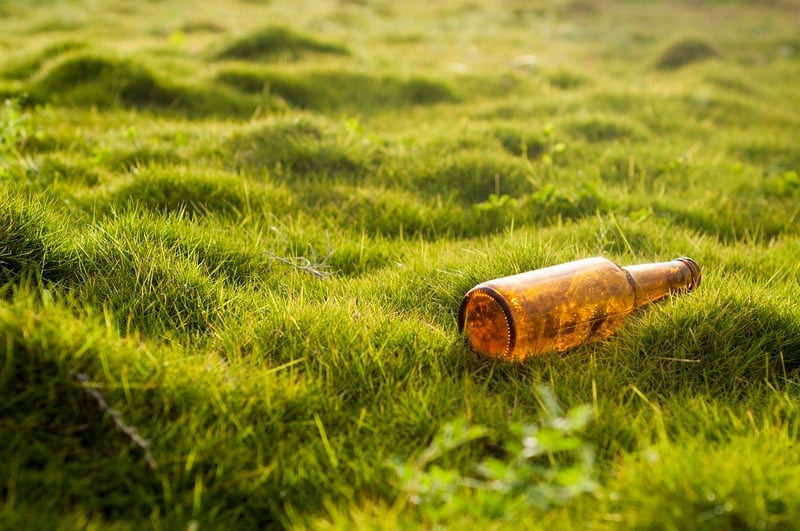Environmental Factors
Exploring Plant Growth and Environmental Factors
Plants are fascinating organisms that rely on various environmental factors to thrive and grow. Understanding how these factors influence plant growth can help us cultivate healthier and more productive gardens, farms, and ecosystems. Let's delve into the key environmental factors that play a crucial role in the growth and development of plants.
1. Light
Light is one of the most critical factors that affect plant growth. Plants use light energy to photosynthesize and produce food. Different plants have varying light requirements, with some needing full sun exposure, while others thrive in shade. Providing the right amount and intensity of light is essential for healthy plant growth.
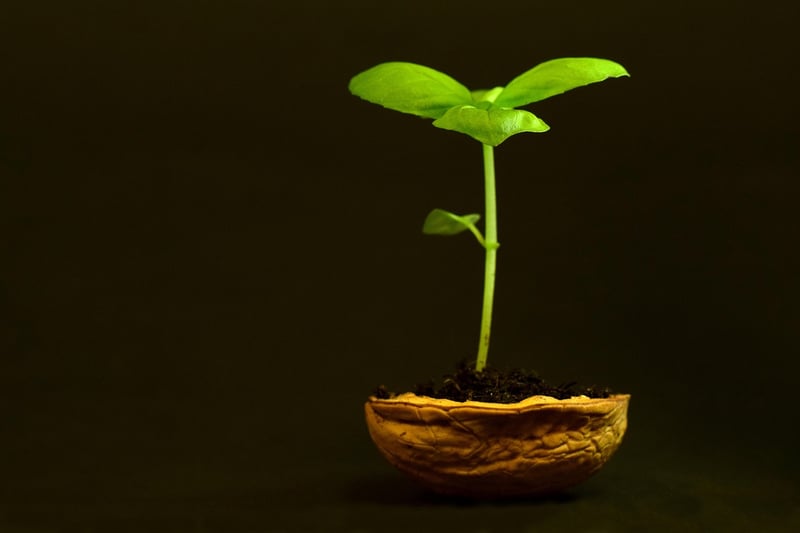
2. Water
Water is another essential factor for plant growth. It is involved in various physiological processes such as nutrient uptake, photosynthesis, and transpiration. Insufficient water can lead to wilting and stunted growth, while excess water can cause root rot. Finding the right balance in watering is crucial for optimal plant health.
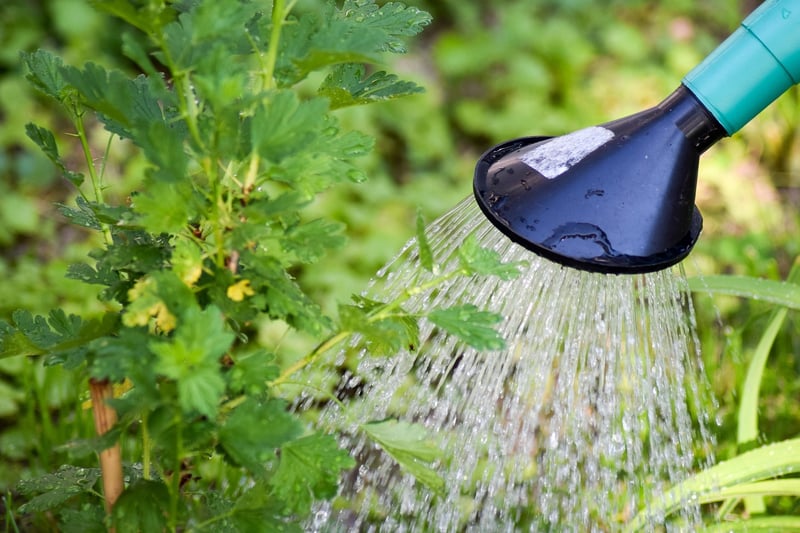
3. Temperature
Temperature plays a significant role in determining the growth rate and development of plants. Different plants have specific temperature requirements for germination, growth, and flowering. Extreme temperatures, whether too hot or too cold, can stress plants and hinder their growth. Maintaining ideal temperature conditions is vital for plant success.
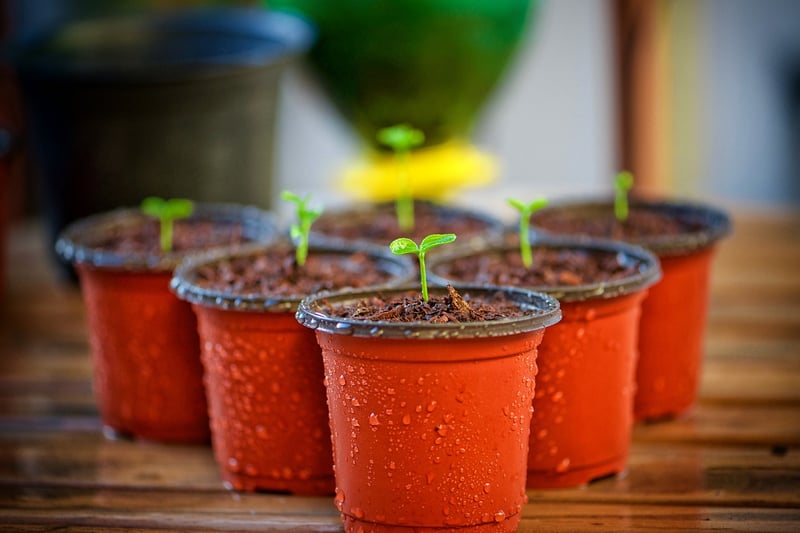
4. Soil Quality
Soil quality directly impacts plant growth by providing essential nutrients, aeration, and drainage. Plants rely on soil for anchorage and as a source of minerals and water. Testing and improving soil fertility, pH levels, and structure can significantly enhance plant growth and overall productivity.
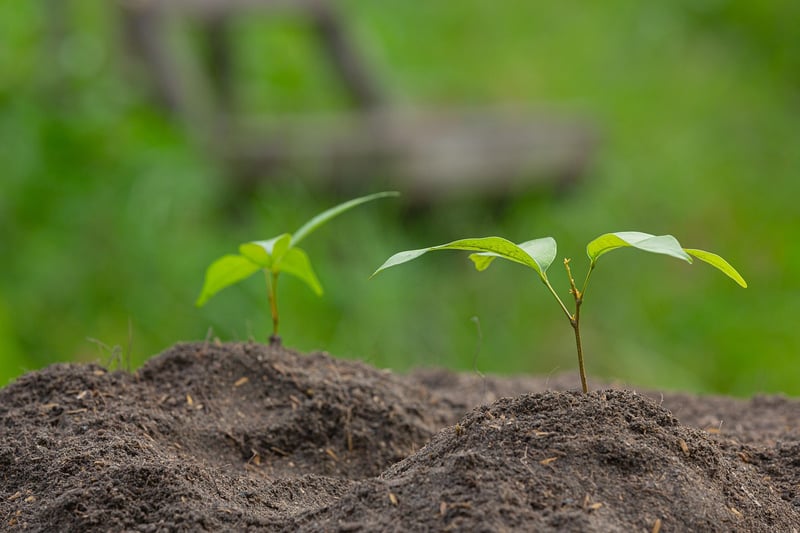
5. Nutrients
Plants require various nutrients, including macronutrients (nitrogen, phosphorus, potassium) and micronutrients (iron, zinc, manganese), for healthy growth. Fertilizing plants with the right balance of nutrients is essential to prevent nutrient deficiencies or toxicities that can impede growth and development.
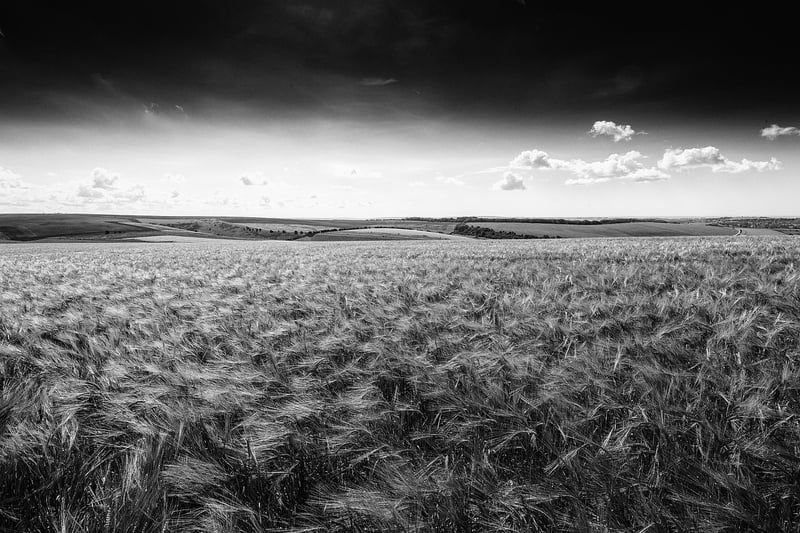
By understanding and optimizing these environmental factors, we can create an ideal growing environment for plants, leading to vibrant, thriving green spaces. Remember to observe and adjust these factors based on the specific needs of your plants to ensure their optimal growth and development.
Happy gardening!
